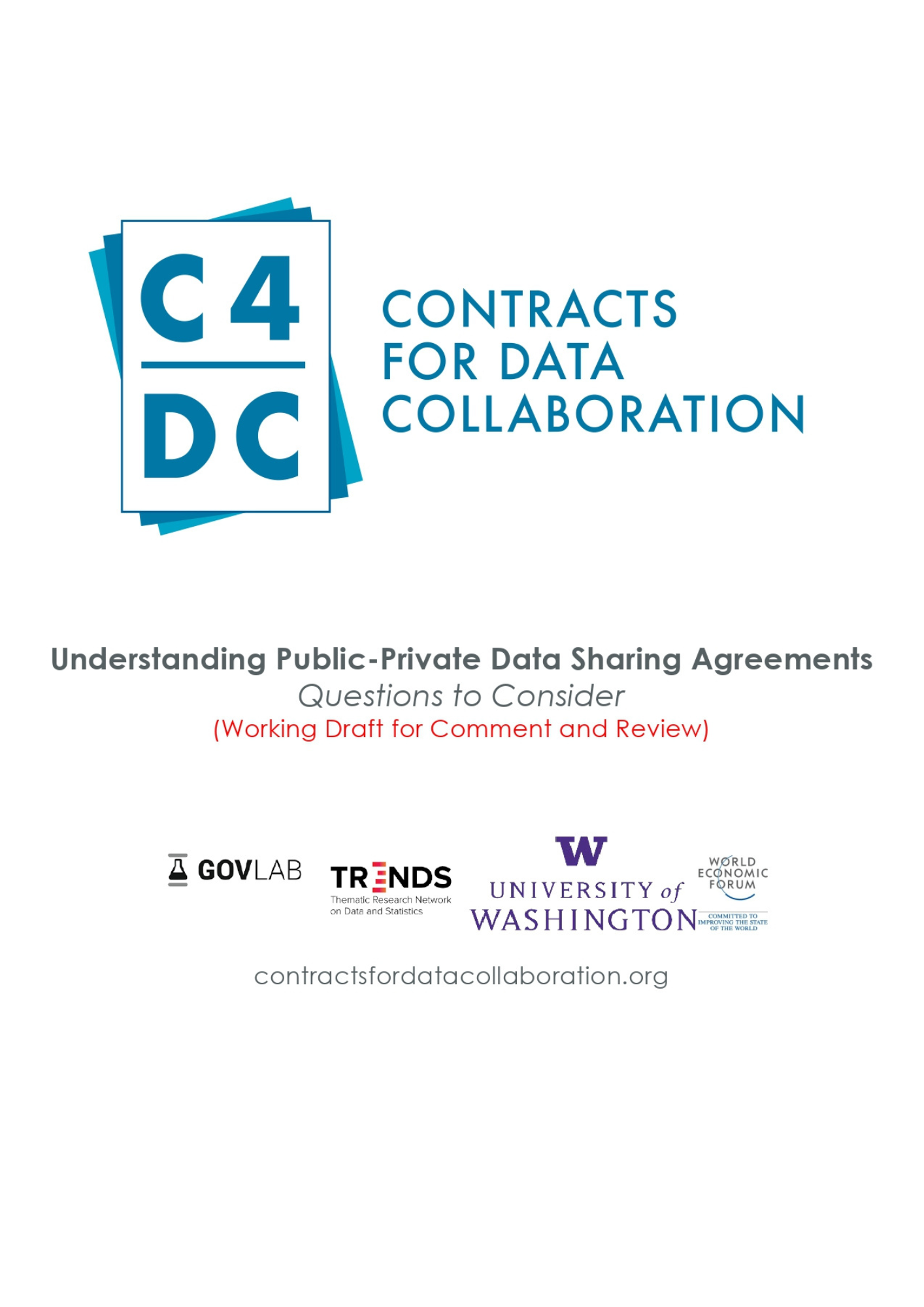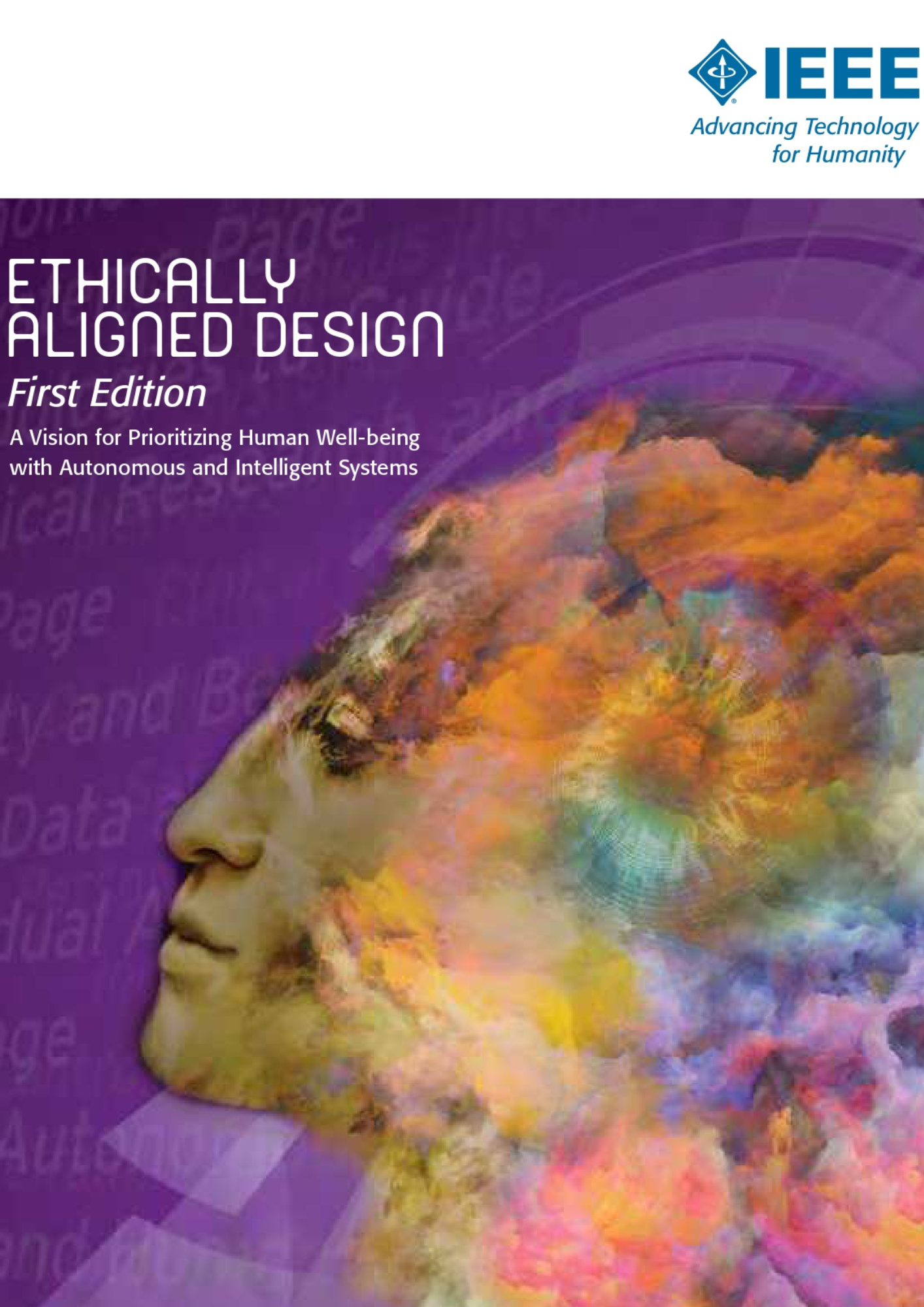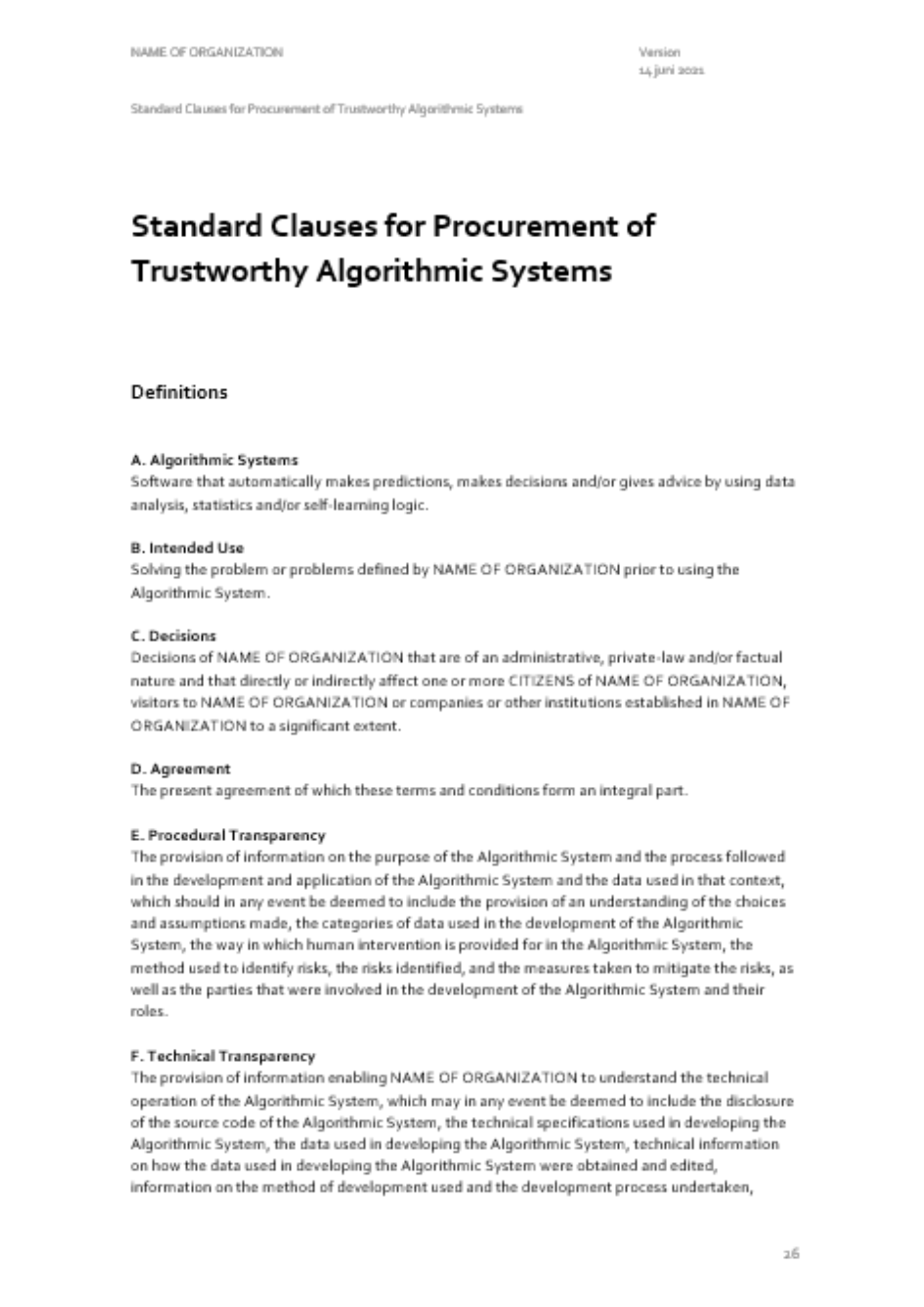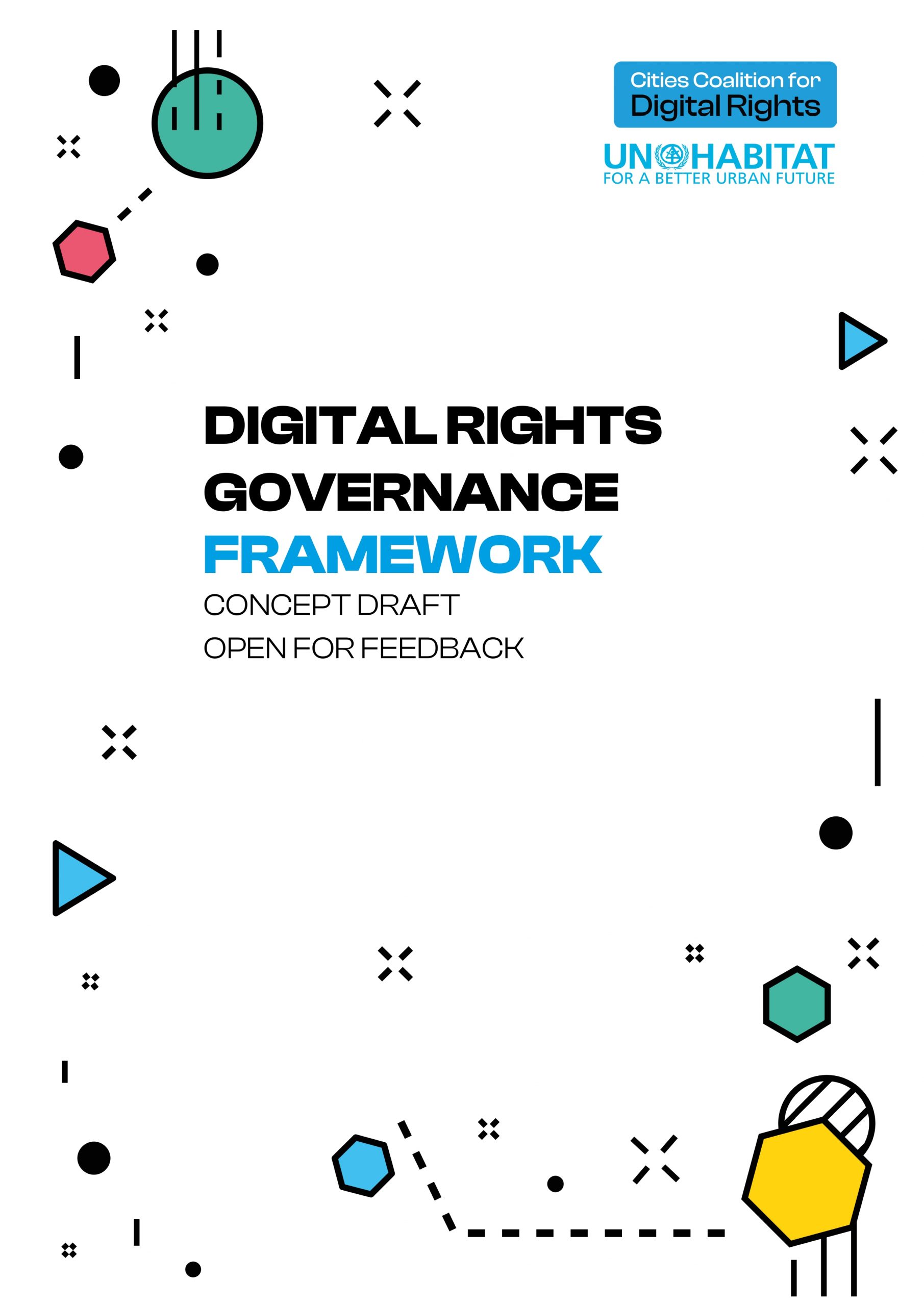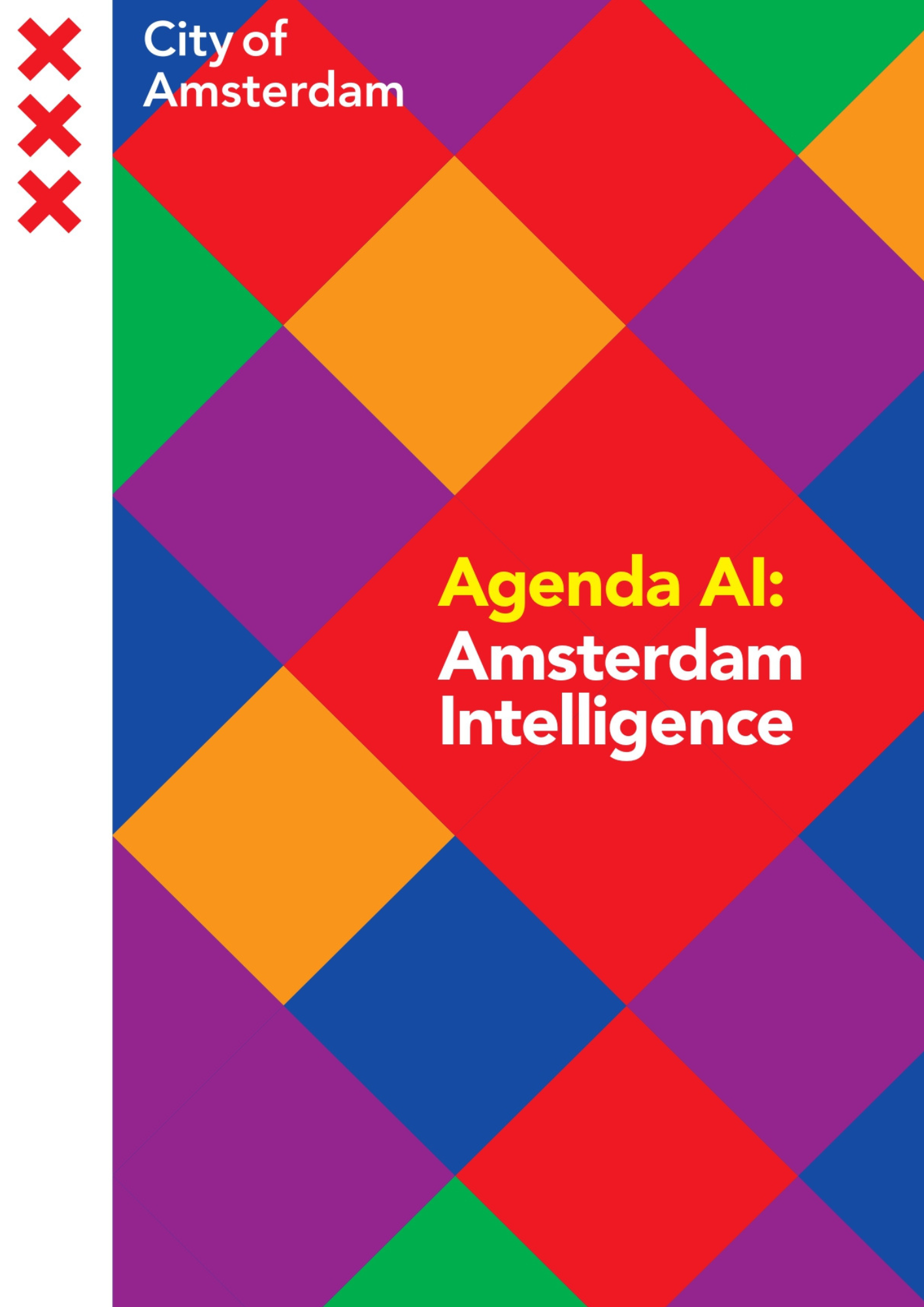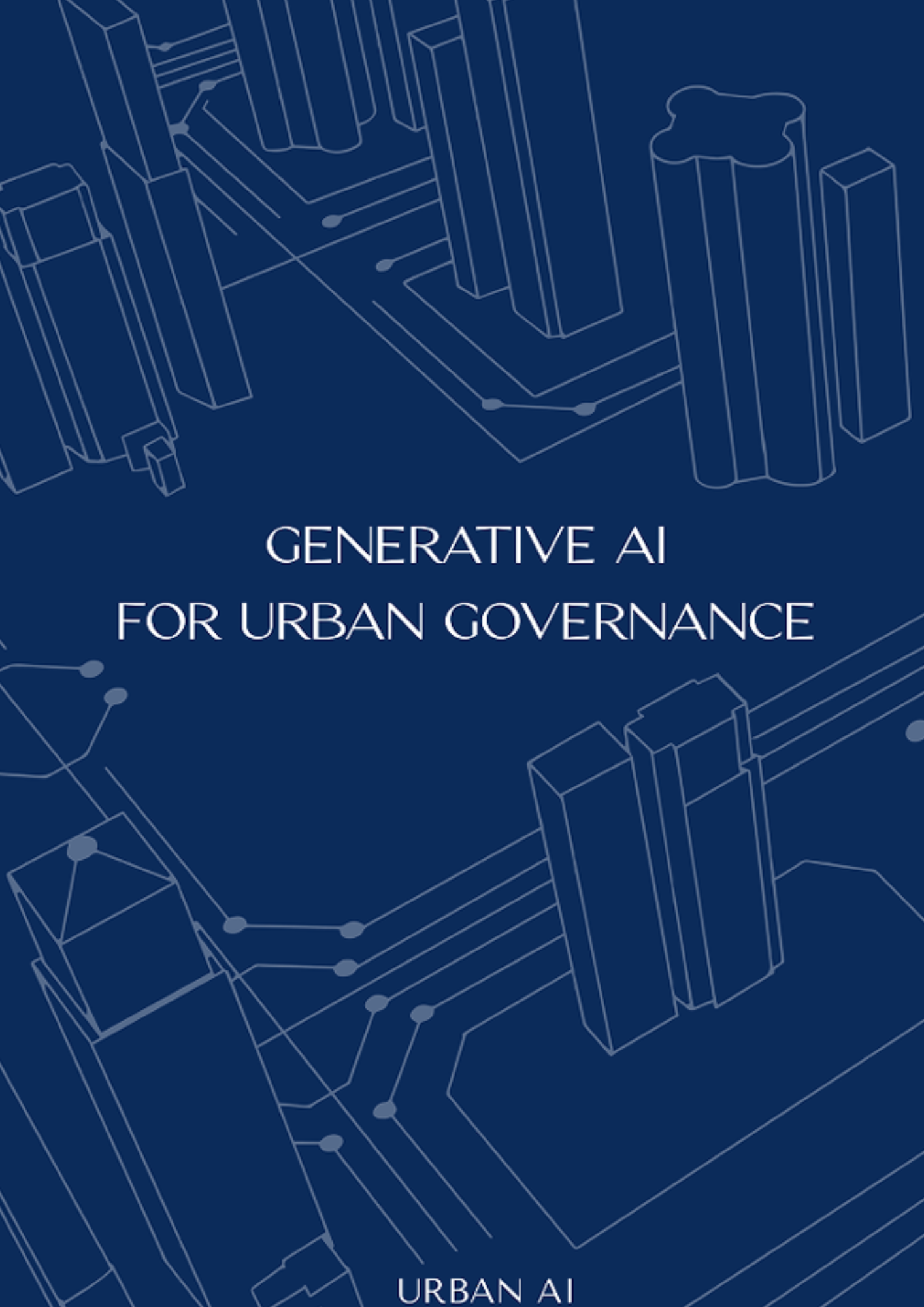Understanding Public-Private Data Sharing Agreements
Contracts for Data Collaboration (C4DC) seeks to strengthen trust, transparency,
and accountability of cross-sector data collaboratives. The intent of this initiative
is to enable more effective and efficient ways of accessing, sharing and using
data for public problem-solving and sustainable development.
